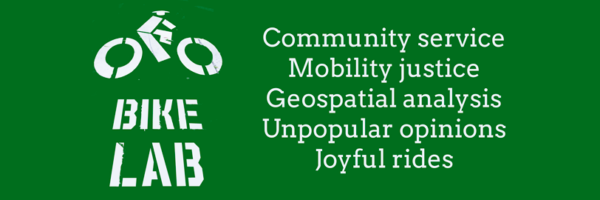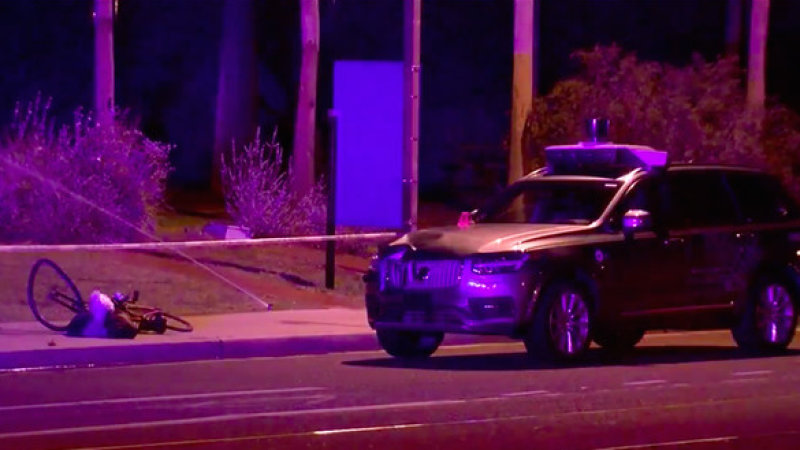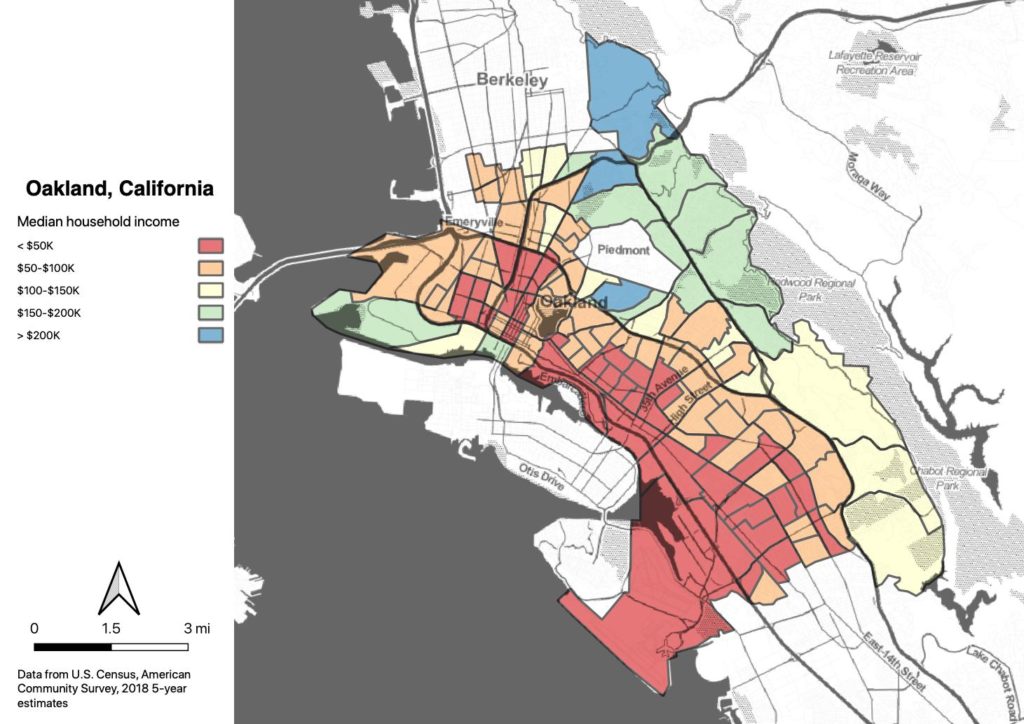Heading out for a fun ride yesterday, I ran into the Oakland Rideout at Oakland Technical High. Sponsored by Marshawn Lynch (outta Tech, and Cal, Go Bears!), this was a super-social ride from his Beast Mode store downtown, up to my neighborhood.
The ride brought in the SE Factory Team, who did a bunch of impressive BMX jumps and flatland tricks, much of it on fat-tire bikes. The event was also sponsored by Lime Bikes, who still can’t legally operate bike share in Oakland, but are starting to put electric scooters on the streets. (Their bikes are also better for wheelies than the Ford GoBikes, as some guys from the SE team were demonstrating).
The event included a beautiful demonstration of the transformation of public space, as a sideshow of BMX and motocross bikes, and Lime scooters took over Broadway.
My wife commented, credibly, that it was the largest gathering of riders of color she’d ever seen. It was an interesting contrast to Berkeley Sunday Streets where I’d been a couple of weeks before. Sunday Streets (as we practice it in the Bay Area) also transforms public space, but in a sanctioned, protected, and commerce-oriented way. It’s very much an example of the neoliberal idea that we need to improve our streets to increase economic activity.
Oakland Rideout is very different. Marginalized groups do disruptive things in urban spaces, whether that’s skateboarding, street art, or sideshows. By taking over these spaces temporarily, they express their desire to be seen in the city. Sometimes, as with skateboarding and street art, a formerly marginal activity becomes sanctioned and mainstream (or some might say, co-opted).
This event probably had a permit, but there was no visible police presence. It seemed like the city agreed to look the other way about the riders spilling over into the street, but, I also didn’t see any explicit sanction for the event from the city or bike advocates. The event wasn’t listed on the Bike East Bay calendar, neither Bike East Bay nor WOBO mentioned it on the media feeds, and I didn’t see anyone from city administration there.
It may not be possible for the city to sanction an event like this; part of what makes Rideout real is its outsider status. The same was true of Critical Mass back in the days when cyclists as a class were outsiders. The idea of turning Critical Mass into a city event with a police escort is what led to the massive 1997 conflict with then-mayor Willie Brown, which was the biggest single event in the evolution of bike advocacy in the U.S.
But for those who believe that the bicycle can be a democratizing tool, it seems like there needs to be a way to acknowledge the energy of an event like this, and to learn from the different ways that marginalized communities interact with the bicycle.




